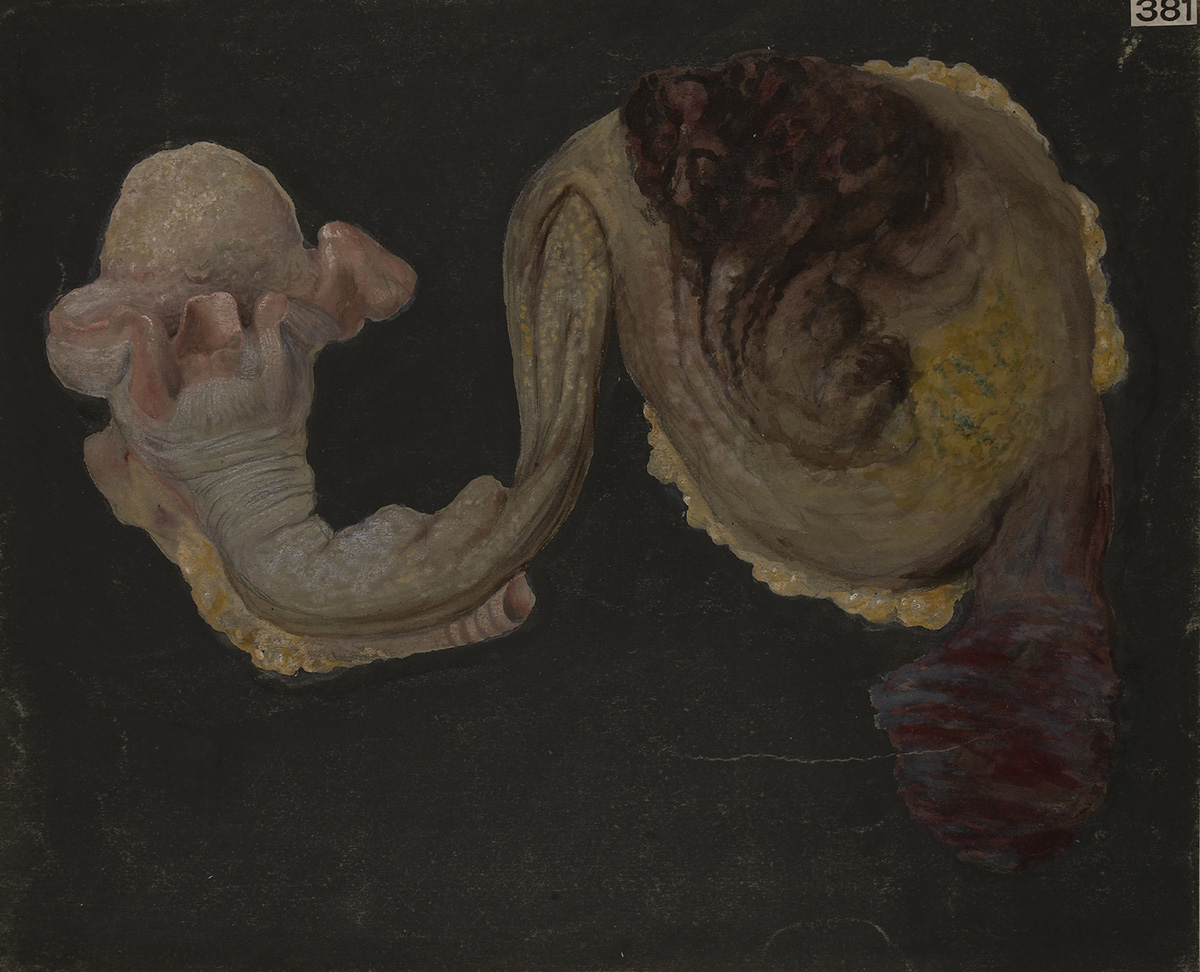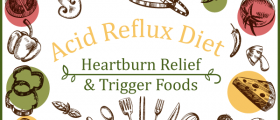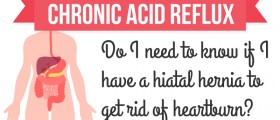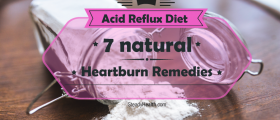
What is GERD?
GERD is the short for gastroesophageal reflux disease. This is a medical condition caused by reflux of the acidic content form the stomach to the esophagus. Under normal conditions, food particles and liquid go one-way, and are not allowed to return from the stomach to the mouth (with the exception of vomiting). The esophagus, a tube that (roughly) connects the mouth and the stomach, contains two sphincter muscles. These are circular muscles placed at the beginning and the end of the esophagus, whose purpose is to seal it off when we re not swallowing anything, and disallow any content from the stomach to go back to where it came from. In some people, the lower sphincter muscle, which separates the esophagus and the stomach, may be too weak to keep the esophagus sealed. Acidic content of the stomach can then flow back in the esophagus. Lining of the esophagus is not acid-proof as is lining of the stomach, and stomach acid from the stomach content can burn it and even damage it.
Symptoms
Typical acid reflux symptom is heartburn. This has nothing to do with the heart, but it feels like it does. Pain from the heartburn begins in the stomach, but extends to the chest and the throat, so that pain is present in the region that is very close to the heart. Burning sensation is caused by irritation of the more sensitive upper part of the esophagus.
GERD strikes from the shadows
GERD attacks are common after heavy, spiced, fat and oil-rich meals, or when bending over, lifting heavy things or just lying down. Such foods promote secretion of stomach acid and “boiling” of the stomach content, while such actions make it easier for the stomach content to flow in the esophagus. GERD attacks are more severe and more common at night. Many patients will feel constant GERD related uneasiness all day long, but the unpleasant feeling will intensify and become more severe at night. Intensity of the pain is such that gastric reflux can be mistaken for a heart attack.
Other common symptoms of acid reflux include chronic dyspepsia. This condition is characterized by nausea after meals, constant feeling of fullness in the stomach, and irritation and discomfort in the upper abdomen. Dyspepsia might be unrelated to GERD, and a sure way to tell if you have GERD is regurgitation of acidic content, or a ‘wet burp’.
There are other symptoms that are related to GERD. These are less common, and include severe pain in the chest with a feeling of something stuck behind the breastbone. This is similar to angina pectoris and may be linked to other serious heart problems and not to GERD, so an examination is necessary in order to establish an exact diagnosis. GERD can cause inflammation of the vocal chords and lead to hoarseness of the voice, dry cough and the feeling of having a lump in the throat. Other symptoms include constriction of the esophagus which may make the swallowing difficult or even cause food to remain stuck in the esophagus. Cough, asthma and wheezing can also be linked to GERD.

















Your thoughts on this
Loading...